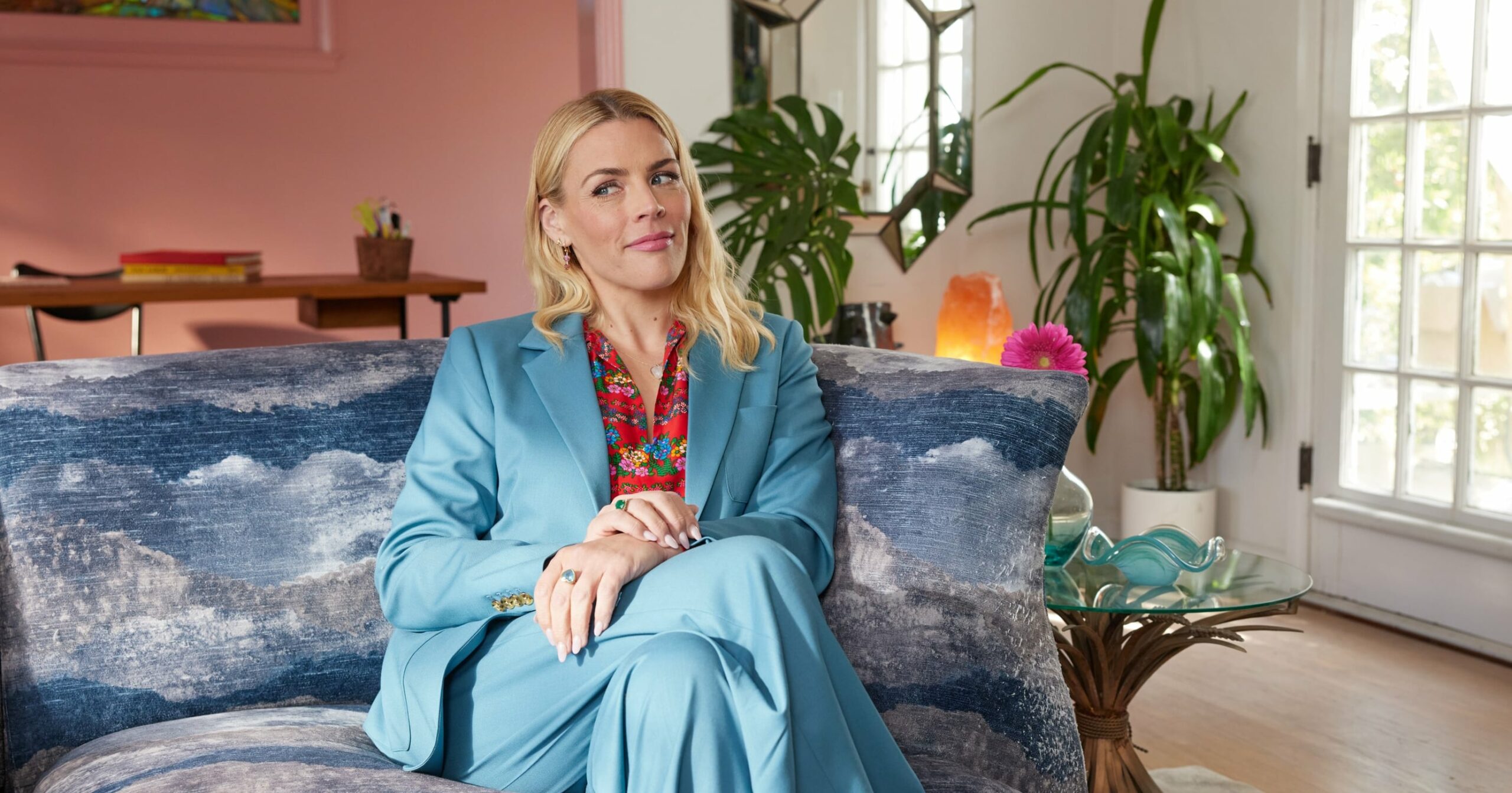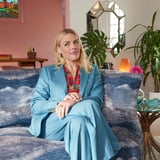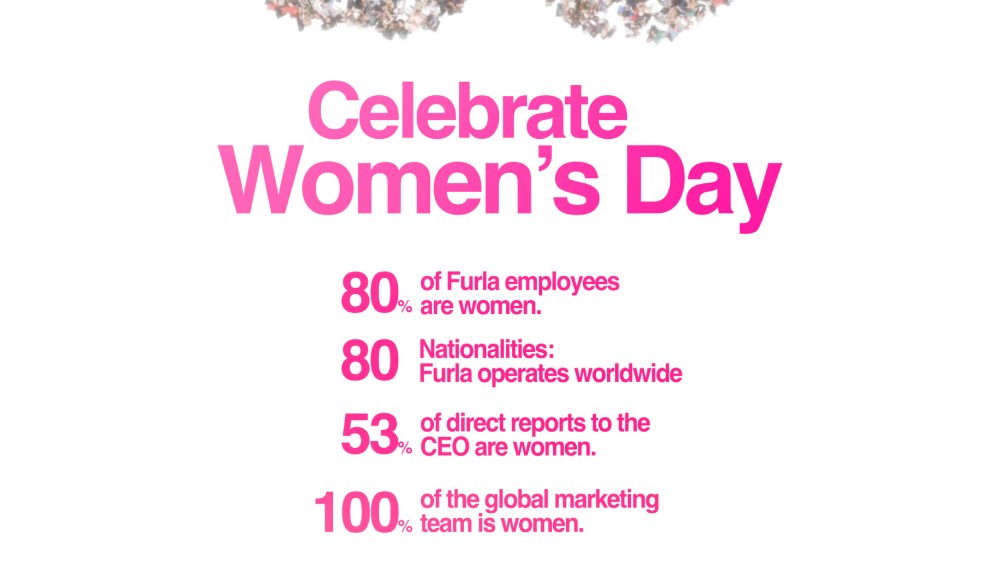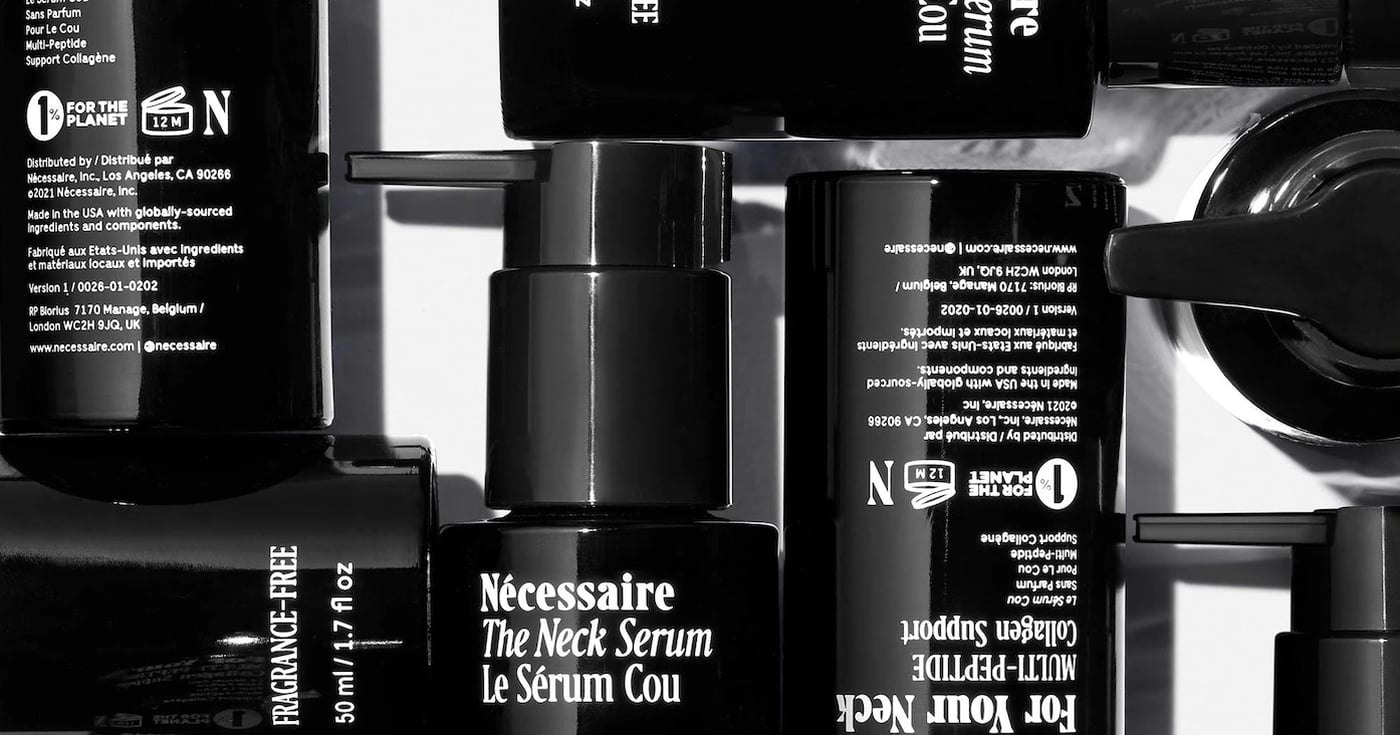The only reason Busy Philipps realized she had ADHD was because of her daughter, Birdie. Back in May, after Birdie’s school recommended Philipps take her oldest (now 16-year-old) in for an ADHD evaluation, Philipps noticed that many of the symptoms resonated with her. “As the doctor went through the checklist of all of the things, my now ex-husband, Marc, and I were looking at each other,” she says. “He was like, ‘That’s you.'”
A subsequent appointment with her own doctor eventually confirmed Philipps’s suspicions – she just wishes it didn’t take 44 years to get a diagnosis. “Women have been routinely dismissed for all kinds of things, including ADHD, which to some might not seem like that big of a deal. But I would argue it affected a large portion of my life and a large portion of the way that I viewed myself,” Philipps says. To her point, the percentage of women ages 23-49 who have been diagnosed with ADHD nearly doubled from 2020 to 2022. Additionally, ADHD may look differently for women (who may present with symptoms like disorganization, inattentiveness, and frequent distraction), so boys are twice as likely to be diagnosed.
“[Once] I got an official diagnosis for myself, I started to figure out what the best treatment was. For me, I take a medication that’s a non-stimulant called Qelbree,” Philipps says. She also describes a few “hacks” she’s been using to make ADHD more manageable – even before she had a diagnosis. “It’s a combination of medication and tricks that I’ve picked up in the last several years, and also over my entire life, because obviously even though I didn’t know what it was, I’ve been dealing with this my whole life.” A few of her favorites include:
- Getting Centered: Taking a moment to get grounded and calm your mind at the start of the day can be a big help. “I have a therapist who’s very into mindfulness and meditation – breathing and things like that to help center you before your day even gets into the weeds,” she says.
- Prepping For the Day: To avoid the anxiety of rushing out the door or forgetting something at home, Philipps likes to prepare for her morning the night before. “If I know I have something early in the morning, I [have] to get it all set and ready to go the night before,” she says. “If I’m able to give myself enough time the night before, then I know that I’ll be great – even if it’s 6 a.m. pickup.”
- Phoning a Friend: “There’s a thing called body doubling that really works for me,” Philipps says. “If I have to do something I don’t want to do – like putting away laundry or packing – I’ll have a friend come over and sit with me while I do it.”
Since getting a diagnosis and finding treatment that works for her, Philipps says one of the most notable changes has to do with her sense of self. “The biggest thing really has been that I don’t feel terrible about myself all the time,” she says. “I really did think, ‘Well, I guess I’m just dumb. I’m stupid. I can’t handle more than three things in a day.'” Learning there was something deeper going on was a total game changer.
“Those feelings of low self-worth and that story I told myself was able to shift and change. [Now, the story] is: my brain works differently. There’s nothing wrong with me. I’m not stupid,” Philipps says. “If anything, I’m impressed with myself, and especially my younger self before I had this diagnosis.”
“I really did think, ‘Well, I guess I’m just dumb.'”
If you think you may also be dealing with ADHD but don’t know where to start, Philipps encourages you to speak with a doctor or mental health professional for guidance. “Thankfully, there are a lot of physicians and psychiatrists who are paying attention to the fact that [ADHD] has been misdiagnosed for so long in women and girls, and they’re really able to now see how it impacts us differently and make sure that it is diagnosed properly,” she says.
A diagnosis doesn’t change the fact that Philipps went undiagnosed for years, but it has given her the opportunity to show herself some grace (and help others do the same). “It’s allowed me to reframe a lot of how I viewed myself in my younger years. And that’s been very freeing for me because I was really, really hard on myself for a long time as a parent, as a young mom, and as a person with a job,” she says. “Now I know why, and also, now I’m able to do it. So that’s been, honestly, life-changing.”
Chandler Plante is an assistant editor for PS Health and Fitness. She has over four years of professional journalism experience, previously working as an editorial assistant for People magazine and contributing to Ladygunn, Millie, and Bustle Digital Group. In her free time, she enjoys finding new ways to rock her 18(!) different eye patches, and making videos about chronic illness, beauty, and disability.




